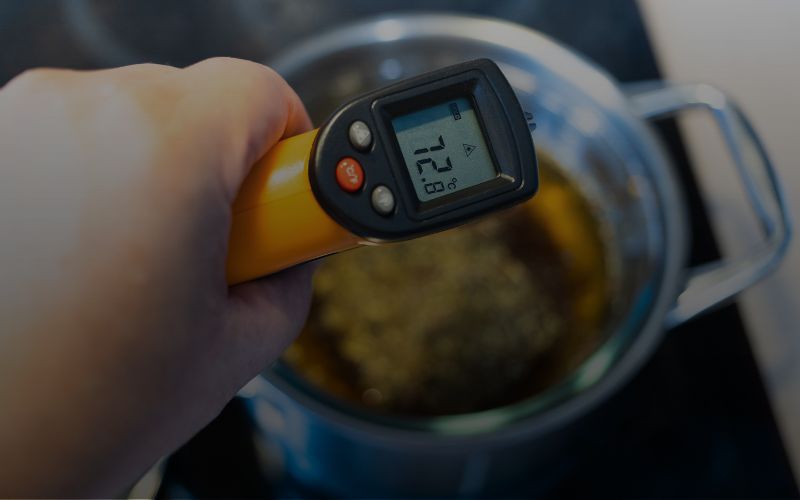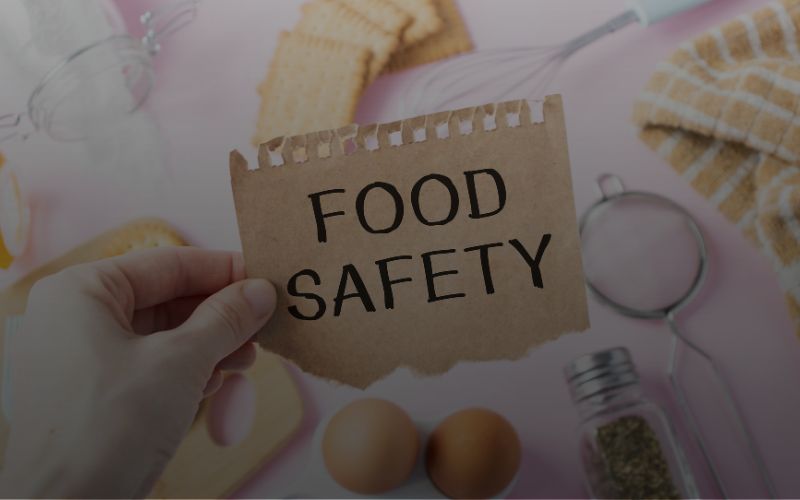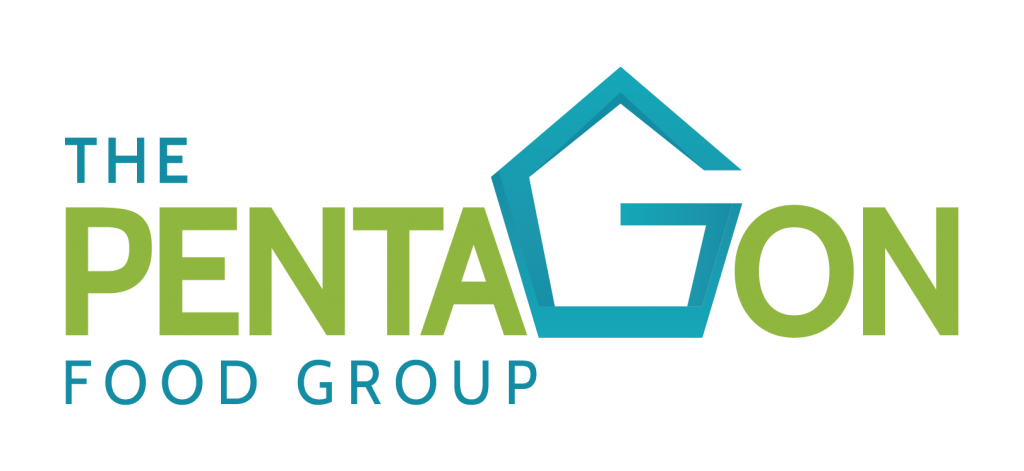Dining out is more than just enjoying a tasty meal. it’s about trust in the safety and quality of the food we consume. That’s where restaurant health inspections come into play, ensuring that eateries maintain high standards of cleanliness, food handling, and safety.
What many might not realize is the pivotal role that food distributors play in the outcome of these crucial inspections. The quality, safety, and compliance of these ingredients, sourced through food distributors, can significantly impact a restaurant’s health inspection results.
In this blog, we will uncover the often-overlooked connection between food distributors and restaurant health inspections. By focusing on the “Food distributor impact on restaurant health inspection,” we’ll explore how the choices made by food distributors can influence the health and safety of your dining experience.
Understanding Restaurant Health Inspections:
Restaurant health inspections are like check-ups for eateries. Just like how you visit a doctor to ensure you’re healthy, restaurants undergo inspections to make sure they’re serving safe and hygienic food.
Criteria and Standards in Health Inspections
Health inspectors follow specific criteria and standards to evaluate restaurants. They’re like a set of rules everyone must follow to keep food safe. Here’s what inspectors typically look for:
Food Temperature: Food needs to be stored and cooked at the right temperatures to prevent bacteria from growing. Inspectors use thermometers to check this.

Cleanliness: The restaurant, including the kitchen, dining areas, and bathrooms, should be clean and tidy.
Food Handling: Inspectors check if staff wash their hands properly, use gloves when needed, and handle food safely to avoid cross-contamination.
Storage: Food should be stored correctly, with raw and cooked items kept separately. Proper labelling and storage prevent spoilage.
Pest Control: Restaurants should have measures in place to prevent pests like rats or insects.
Hygiene Training: Staff should be trained in food safety and hygiene practices to ensure they handle food safely.
It’s all about ensuring that the food you enjoy is not only delicious but also safe to eat.
The Role of Food Distributors
1. Responsibility in Providing Safe and Quality Ingredients
Food safety and quality are non-negotiable in the restaurant industry. Food distributors bear a significant responsibility in upholding these standards:
Maintaining a Safe Environment: Distributors who provide cleaning items and products must ensure that these meet the highest safety standards. Cleaning products are used to maintain cleanliness and hygiene in restaurants and food establishments. If these products are of poor quality or fail to meet safety standards, it can jeopardize the overall cleanliness and safety of the environment. Restaurants that use trusted and high-quality cleaning items are more likely to maintain a positive reputation, reflecting a commitment to safety and cleanliness.
Quality Control: Distributors carefully vet the products they source, ensuring they meet the highest quality standards.
Safe Handling: They adhere to strict guidelines for handling and transporting food safely. This ensures that the food remains safe to consume.
Compliance: Reputable distributors comply with food safety regulations and industry standards.
Traceability: Traceability ensures that restaurants can quickly identify and remove affected items, keeping diners safe.
2. Compliance with Regulations and Standards
Food distributors play a pivotal role in the restaurant supply chain, and they are not exempt from the regulations and standards that govern the food industry. Here’s an exploration of their compliance:
Adherence to Safety Standards: Food distributors must adhere to stringent safety standards set by regulatory authorities. This includes maintaining proper storage and transportation conditions to ensure the safety of the products they handle, directly influencing “Food distributor impact on restaurant health inspection.

Quality Control: Distributors are responsible for sourcing products that meet specific quality criteria. This involves rigorous checks to ensure that the ingredients they provide to restaurants meet established standards.
Labelling and Documentation: Distributors must provide clear information on product labels, including nutritional facts, allergen information, and expiration dates.
3. Food Recalls and Contamination from Distributor Issues
Issues with food distributors can inadvertently lead to food recalls and contamination incidents within the restaurant supply chain. Here’s how this connection unfolds:
Supply Chain Vulnerabilities: When Food Distributors fail to maintain proper quality control and safety measures, they may inadvertently introduce contaminated or unsafe ingredients into the supply chain.
Unsafe Handling: Improper handling practices during transportation and storage by distributors can compromise the safety of food products, making them susceptible to contamination.
Expired or Subpar Ingredients: Distributors that provide expired or subpar ingredients to restaurants increase the risk of contamination and pose a significant threat to food safety.
Lack of Traceability: Inadequate record-keeping and traceability measures by distributors can hinder the quick identification and removal of potentially contaminated products, exacerbating contamination risks.
In short, the issues arising from food distributors can indeed lead to food recalls and contamination. Restaurants must prioritize working with reliable and compliant distributors to mitigate these risks and uphold “Food distributor impact on restaurant health inspection.”
Preparing for Health Inspections
Preparing for health inspections is a proactive approach that can significantly impact a restaurant’s success during these assessments. The selection of food distributors and the quality of sourced ingredients play a pivotal role in health inspection preparation: Preparing for health inspections is a smart move that can really help a restaurant do well during these check-ups. It’s like getting ready for an important test. Two big things to remember are:
First, pick good food distributors who always give you safe and tasty ingredients. This keeps your food safe and makes health inspections go well.
Second, be buddies with your food distributors. Talk to them and work together. If there’s a problem, they can help you fix it fast, and you’ll always get your ingredients on time.
Read More: Trends to Watch in the Foodservice Industry for 2023
Conclusion:
In conclusion, choosing a responsible food distributor ensures the safety and quality of ingredients, setting the stage for successful health inspections. Food distributors impact on restaurant health inspection not only safeguards diners but also enhances a restaurant’s reputation. We encourage you to prioritize this crucial decision, recognizing that it directly affects the dining experience and compliance with food safety regulations. Make the right choice and reap the benefits of a safer, more satisfying dining journey.






